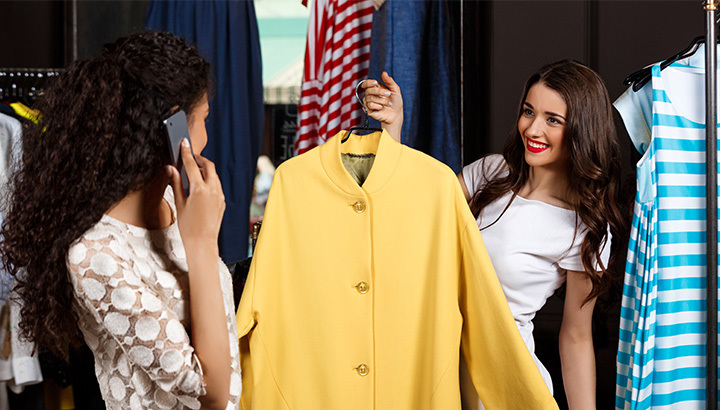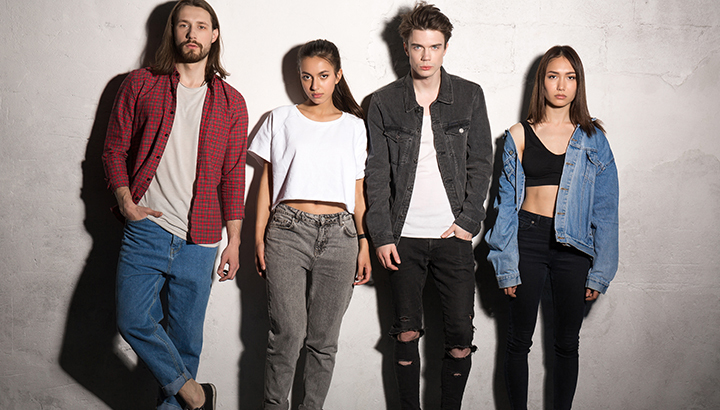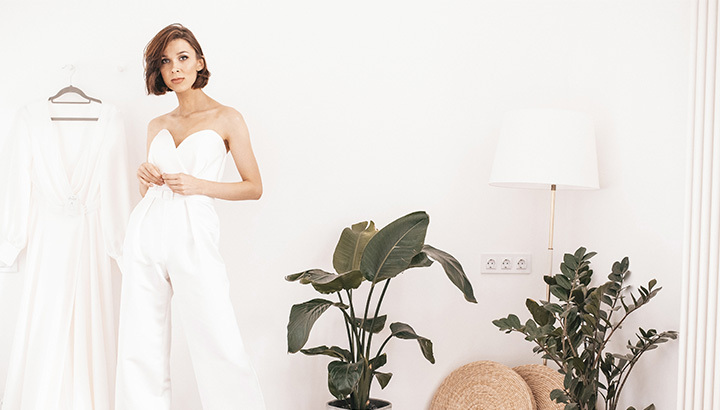
08-05-2023 at 10:05 am
Inclusivity in Fashion: Exploring Brands That Prioritize All Body Types
The fashion industry has been known for its exclusivity and unrealistic beauty standards for decades. However, in recent years, there has been a significant shift towards inclusivity, with brands recognizing the importance of celebrating and catering to all body types. This move towards diversity and inclusivity is not just a trend; it's a cultural shift that is redefining the way we perceive beauty and style.
In the past, fashion was often associated with a one-size-fits-all approach, where models and clothing sizes were limited to a narrow range of body shapes. This approach not only marginalized those who didn't fit into these rigid standards but also perpetuated harmful beauty ideals that led to body image issues and low self-esteem.
Thankfully, the fashion industry has been undergoing a transformation. Many forward-thinking brands are championing inclusivity, showcasing models of all shapes, sizes, and backgrounds. These brands are not just making a statement; they are reshaping the industry and sending a powerful message that everyone deserves to feel confident and stylish in their own skin.
One of the groundbreaking ways brands are promoting inclusivity is by expanding their size ranges. Brands like Aerie, ASOS, and Universal Standard have introduced extended size options, ensuring that more people can find clothing that fits comfortably and makes them feel beautiful. No longer are plus-sized individuals relegated to a hidden corner of the store or forced to choose from a limited and unflattering selection of garments.
Inclusivity is also reflected in advertising and marketing campaigns. Brands such as Savage x Fenty, owned by Rihanna, have taken a bold step in featuring diverse models of all body types, abilities, and ethnicities in their campaigns. These campaigns showcase that beauty is not confined to a specific size, shape, or age and challenge the stereotypical images that have dominated the fashion world for too long.
The fashion industry's embrace of inclusivity extends to the runway as well. Fashion events and runway shows are increasingly featuring a diverse cast of models. Designers like Christian Siriano and Chromat are known for celebrating body diversity, showcasing models with different abilities, gender identities, and sizes. These designers are leading the way in creating an inclusive fashion space where everyone can see themselves represented.
Inclusivity is not just about size but also about accessibility. Brands like Tommy Hilfiger and Zappos have designed adaptive clothing lines that cater to individuals with disabilities. These collections prioritize functionality and style, making it easier for people with disabilities to express their personal fashion sense and feel confident in their clothing choices.
Furthermore, brands that prioritize inclusivity are not just changing their product offerings; they are changing the conversation around beauty and style. They are actively engaging with their customers, seeking feedback, and working to create a community where all individuals are celebrated. This approach fosters a sense of belonging and empowerment, which is vital for building a positive self-image.
In conclusion, the fashion industry is experiencing a transformation towards inclusivity. Brands that prioritize all body types are sending a powerful message that beauty knows no boundaries. By expanding size ranges, diversifying marketing campaigns, and embracing body diversity on the runway, these brands are reshaping the industry and challenging outdated beauty ideals. Inclusivity in fashion is not just a trend; it's a movement that empowers individuals to express themselves, feel confident, and celebrate their unique beauty. So, as you browse for your next fashion purchase, remember to support brands that prioritize inclusivity, because beauty comes in all shapes and sizes.



